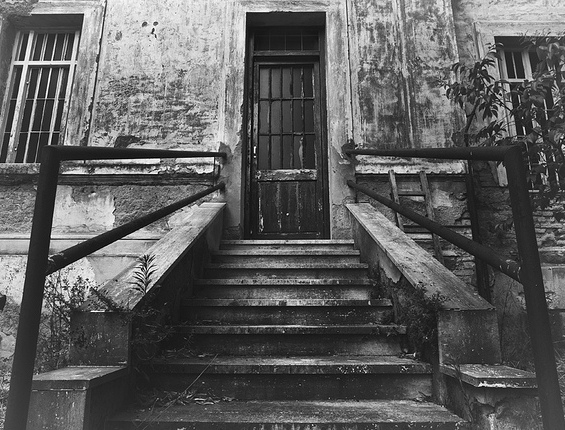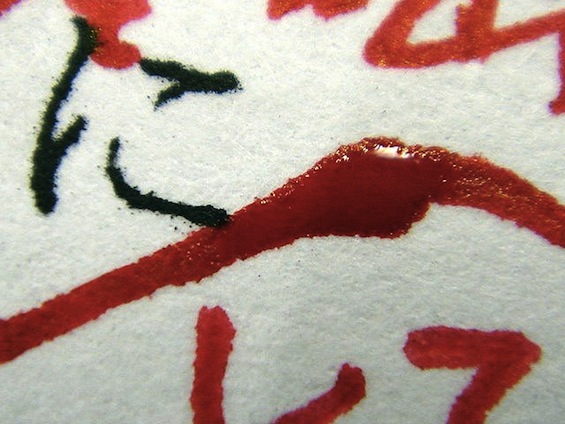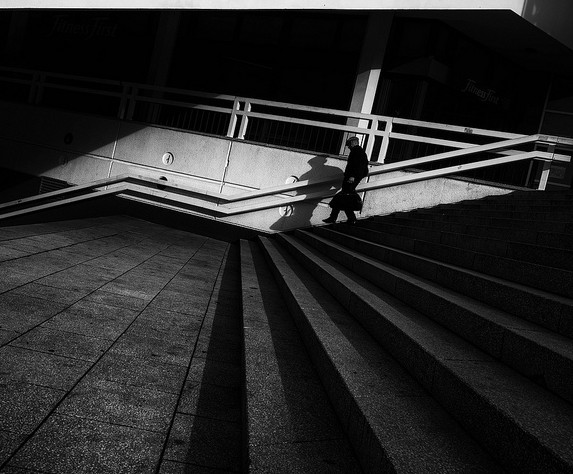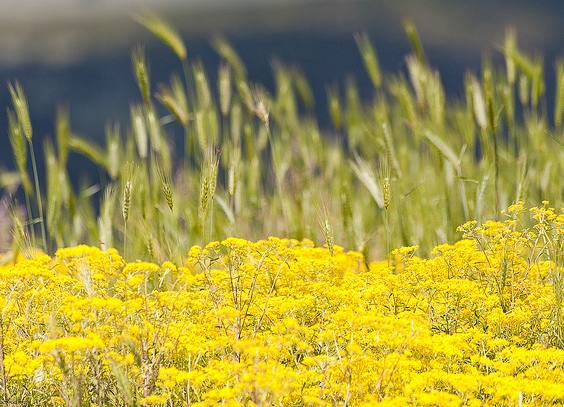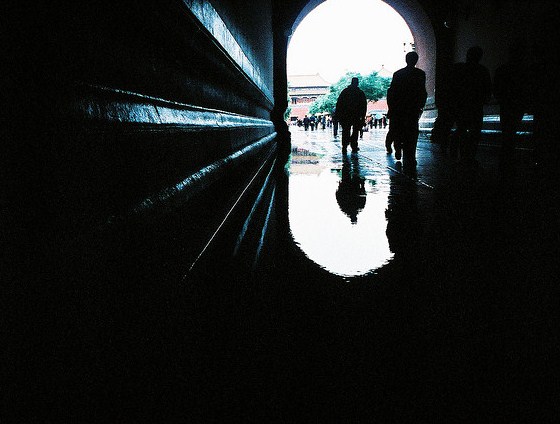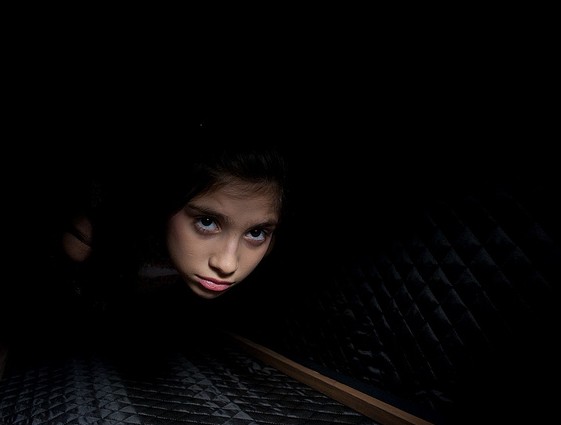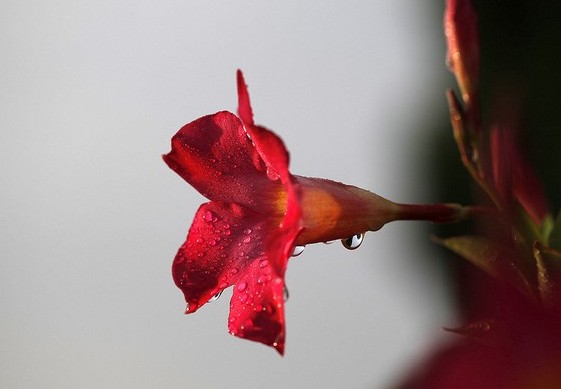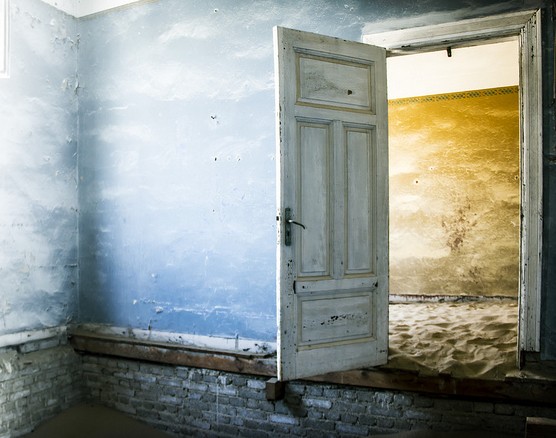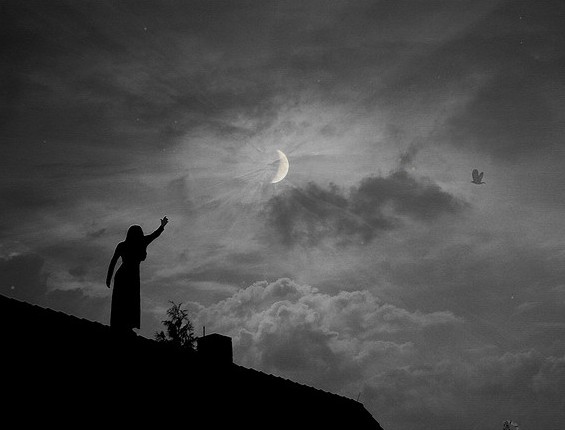A new short biography of Edgar Allan Poe serves as an excellent introduction to an American literary icon.
The Essential Haiku: Versions of Basho, Buson, & Issa
Got an interest in haiku? The Essential Haiku is a great place to start. That, and the soup bowl.
The Surprising Poetry of Arianna Huffington’s ‘Thrive’
When you think Huffington Post, what comes to mind? It might not be poetry. But poetry is at the heart of Arianna Huffington and her book Thrive.
Poets and Poems: Alexander Blok and “The Stranger”
In his lifetime, Alexander Blok was considered one of the finest of all Russian poets. He still carries that accolade today.
Laura Inman and “The Poetic World of Emily Brontë”
“The Poetic World of Emily Brontë” by Laura Inman is a wonderful way to be introduced to her poetry, seen through the lens of her novel “Wuthering Heights”
Top 10 YA and Children’s Books
Kimberlee Conway Ireton shares her top 10 YA and children’s books (actually, 17 or so).
Poets and Poems: Robinson Jeffers and “Selected Poetry”
Robinson Jeffers (1887-1962) was a significant poet in the 1920s and 1930s, and then forgotten until rediscovered by the environmental movement.
Poets and Poems: Wendell Berry and “This Day”
“This Day, ” Wendell Berry’s new collected Sabbath poems, remind us of the wholeness, consistency and beauty of his literary writing.
Poets and Poems: Thomas Merton and “In the Dark Before Dawn”
Thomas Merton continues to exert a significant pull on the imagination, the intellect, and the conscience.
Poets and Poems: Aleksandr Solzhenitsyn and “Prussian Nights”
“Prussian Nights” by Aleksandr Solzhenitsyn reminds us that victory in war doesn’t automatically mean moral superiority over an enemy.
Poets and Poems: J.P. Dancing Bear’s “The Abandoned Eye”
The poems in J.P. Dancing Bear’s “The Abandoned Eye” cut like razor blades, removing what we use to hide and obscure.
Poets and Poems: “Caribou” by Charles Wright
“Caribou, ” the new collection of poems by Charles Wright, is about memory, what has passed, and what is gone, and the realizations that come only with age.
Poets and Poems: L.L. Barkat’s “Love, Etc.”
Love Etc. reminds us what eternity is, and what part of it is contained within ourselves.
Poets and Poems: Brian Gardner’s “Up the Line to Death: The War Poets 1914-1918”
Brian Gardner’s “Up the Line to Death” preserves many great poets and poems of World War I.
Poets and Poems: Nicholas Samaras’ “American Psalm World Psalm”
Poets and Poems considers a new collection of 150 poems by Nicholas Samaras, each in the form of a psalm. “American Psalm, World Psalm” speaks to the heart.
Poets and Poems: “Selected Poems 1923-1975” by Robert Penn Warren
Poets and Poems features “Selected Poems 1923-1975, ” which reflects the poetic maturity of Robert Penn Warren’s work of than 60 years.
Poets and Poems: Scott Cairns’ “Idiot Psalms”
Poets and Poems: Scott Cairns’s “Idiot Psalms” demonstrates his skill as one of the most accomplished poets writing about the human heart today.
Poets and Poems: Robin Robertson’s “The Wrecking Light”
Poets and Poems: To read Robin Robertson’s “The Wrecking Light” is to walk in the poetry of identity, place, geography, mythology, geography — and more.
Poets and Poems: Amy Billone’s “The Light Changes”
Amy Billone’s “The Light Changes: Poems” begins with a young woman throwing herself in front of a train—not what you expect from poets and poems.
Poets and Poems: Grace Schulman’s “Without a Claim”
Grace Schulman’s new collection of poems “Without a Claim” creates quiet repose in the face of discontinuity. Can poets and poems make sense of this?
